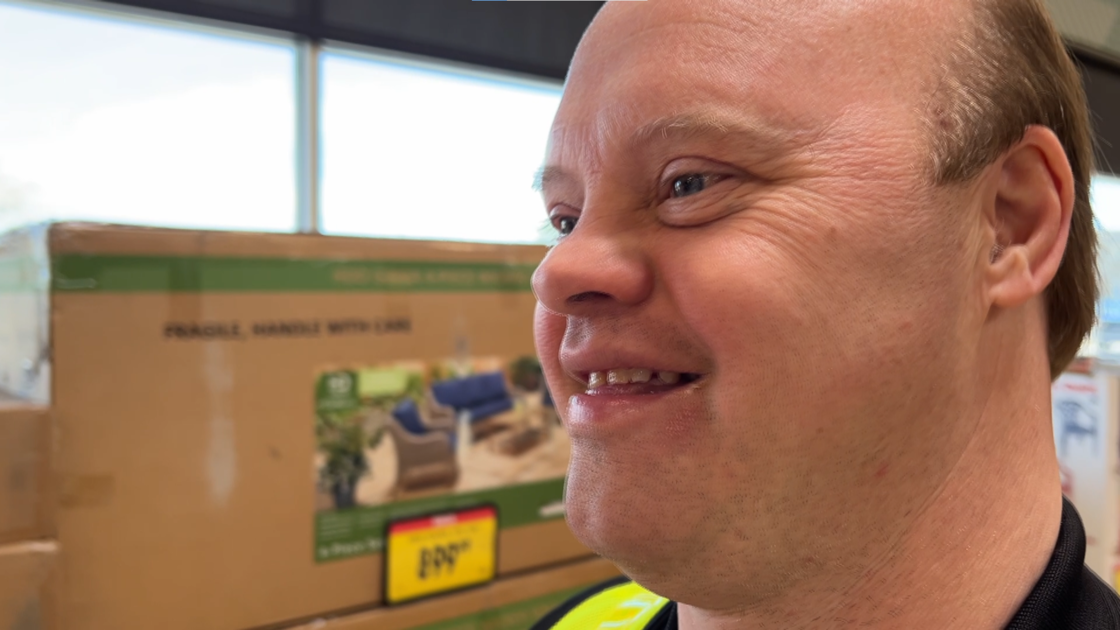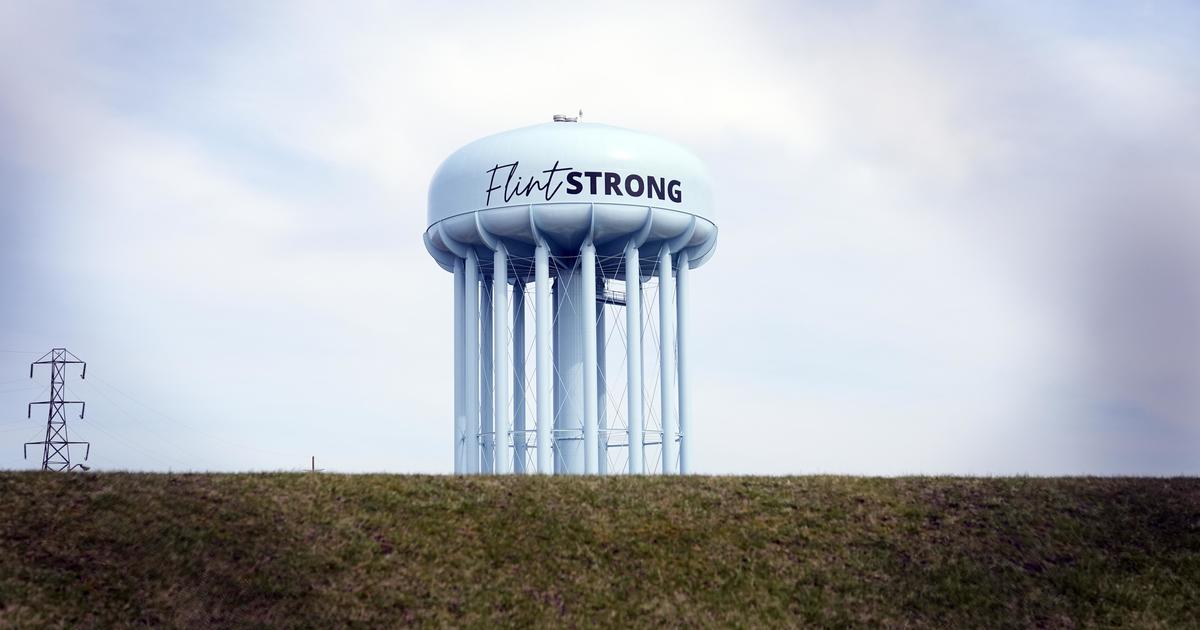Analyst: Auto Industry Just Starting to Feel Impact of Japan Quake
by Jeff Gilbert
WWJ AutoBeat Reporter
Interview: IHS Automotive Analyst Aaron Bragman talks about growing impact of Japan quake.
Podcast
DETROIT (WWJ/AP) General Motors idled another plant because of parts shortages, as a top analyst warned that the auto industry won't start to feel the real impact of the earthquake in Japan for three more weeks.
"This looks like it's going to be a long term problem," said Aaron Bragman, an analyst with IHS Automotive. "There are so many facets of the disruption that we are looking at. It's not even just a matter of fixing plants. There are whole communities that have been uprooted and are on the move over there."
Parts from Japan move to the California by ship, then are taken by rail to plants in the United States. Bragman says that slow process means that parts shortages should peak in about three weeks, and continue well into May.
The parts shortages prompted GM to idle its pickup plant in Shreveport, Louisiana. Because of that idling, the company has also closed an engine plant near Buffalo, New York.
GM has also curtailed non essential spending, including discretionary travel.
Other automakers are monitoring the situation, but haven't announced plant idlings yet.
At the same time, Japanese automakers are working to resume production at their domestic factories. That could be a slow process.
"There's rolling blackouts, there's no power at all, there's water problems. Running a car plant requires that your plant be whole and in some cases that is not true anymore there," says Automotive News publisher Peter Brown.
It could be late spring, or even summer before all production from Japan returns to pre-quake levels.
"They certainly wouldn't start up if they didn't have all the components,'' said Michael Robinet, director of production forecasting at IHS Automotive. "How long they can stay producing is anybody's guess."
Nissan has one of the more ambitious schedules, starting to resume production at some of its parts plants, with an eye toward resuming vehicle production on Thursday. Honda has set a Wednesday target date for resuming production.
More than 100 of its suppliers are based in the area near where the earthquake and tsunami hit, according to IHS. It told U.S. dealers in an e-mail it can't guarantee when production will return to full capacity.
Toyota Motor Corp., which builds the Prius hybrid and Lexus luxury cars in Japan, has shut its assembly plants there through at least Tuesday. Mazda Motor Corp. also said it would resume temporary production Tuesday at a couple plants.
IHS says that's already causing shortages of some vehicles in the United States, which is pushing up prices.
"We're looking up some of the more fuel efficient Japanese things like the Toyota Prius and Honda Fit," analyst Bragman told WWJ AutoBeat Reporter Jeff Gilbert. "Various things that are not going to be available if production in Japan doesn't get up and running soon."
Analysts say, with rising gasoline prices, the timing couldn't be worse. But, it could open up opportunities for Ford, General Motors and Hyundai, all of which have new small cars hitting the market.
Bragman said Japanese automakers could lose up to 450 thousand units of production this month alone, if they can't get their plants up and running soon.
The impact on parts plants is more difficult to assess. But, Bragman says even a partial reopening of those plants, may not be enough to prevent more assembly plant shutdowns in the U.S.
"If you have a small electronic component that's damaged, you can't build a car, no matter where in the world it's built."
The Associated Press contributed to this report.
Follow Jeff Gilbert on Twitter @Jefferygilbert



